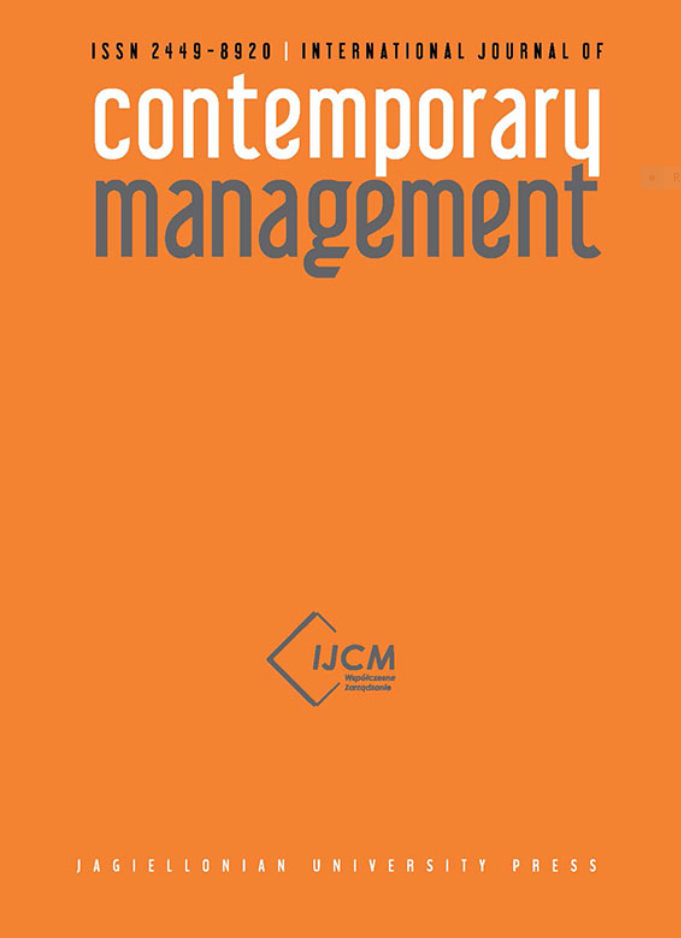SOCIAL ELITES AND THEIR COMPETENCE. CRISIS OR EXCESSIVE EXPECTATION?
SOCIAL ELITES AND THEIR COMPETENCE. CRISIS OR EXCESSIVE EXPECTATION?
Author(s): Tadeusz OleksynSubject(s): Civil Society, Culture and social structure , Evaluation research
Published by: Wydawnictwo Uniwersytetu Jagiellońskiego
Keywords: social elites; competences; elitarianism; egalitarianism; civil society;
Summary/Abstract: The following subject matter of social elites has been undertaken here: what they were in the past and what they are today, how they are formed and what their key competences are. There shall also be a concise description of the chosen theories of the elite: Vifredo Pareto, Max Weber, Robert Michels, Gaetano Mosci, James Burnham, Peter F. Drucker, Wright Milles, Roberta D. Putnam, and Zygmunt Bauman. The subject matter of these brief deliberations shall be elitarian and egalitarian policies, while also the negative consequences of excessive elitarian and egalitarian policies. The key competences of the social elites shall be reviewed as exemplified by several chosen functions and positions. Let us consider the issue of the crisis of the elite – the scale, the causes, and counteractions. The accusations that the elite is failing us are not new. Every once in a while this happens in different locations and on varying scales. The role and possibilities of the elite are often over-estimated; the replacement of the imperfect elite with something much worse also happens. It is an open issue as to whether all the intricate and difficult problems (of a specific organisation, country, or the world) are solvable; a positive response to such questions would seem to be more than optimistic. Perhaps the expectations with regard to the elite, as well as towards management are excessive and unrealistic. Such a view is opined by Charles Handy and Henry Minzberg, albeit politicians, particularly authoritarians and populists, would never be brave enough to openly admit that they are not almighty and their electorate would never accept such information. In a democratic system, a legal state, an entrepreneurial society and in conditions of the prevailing natural/spontaneous order over artificial and contrived order, the elite encompasses significantly more valuable and active people than in authoritarian, centralized, and hierarchical systems. The elites of a democratic and civic society are also usually safer for people and more efficient in terms of action than the elites in authoritarian states or hybrid democracies. There are a multitude of examples of this both in historical and contemporary times.
Journal: International Journal of Contemporary Management
- Issue Year: 16/2017
- Issue No: 4
- Page Range: 145-163
- Page Count: 19
- Language: English

